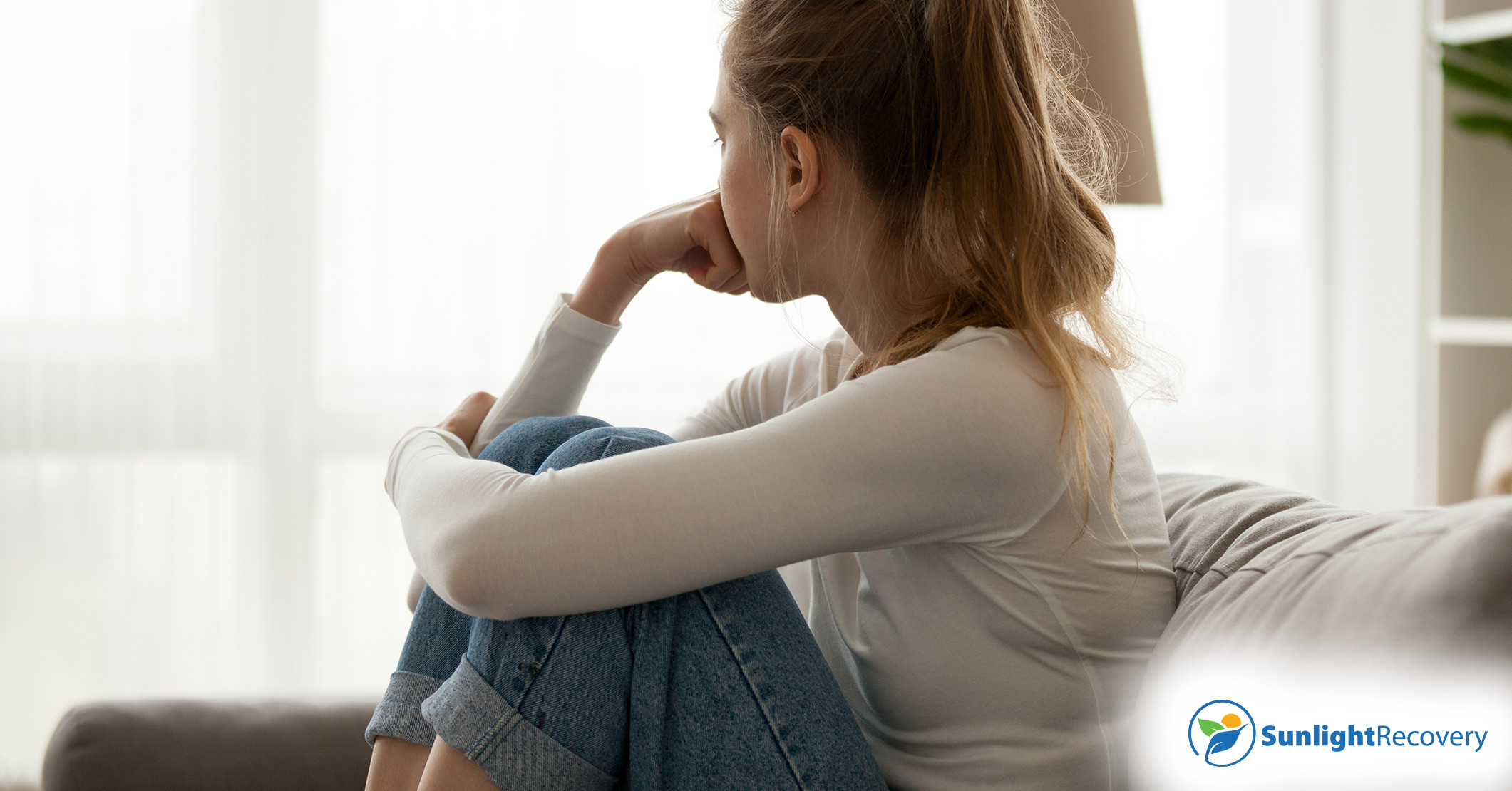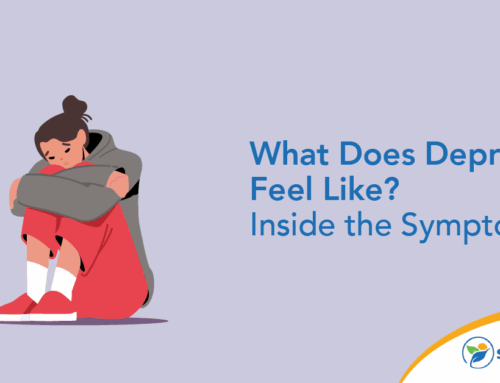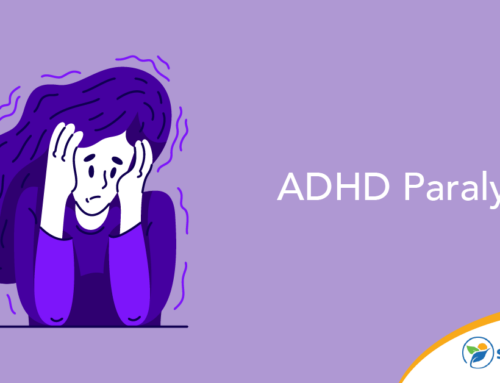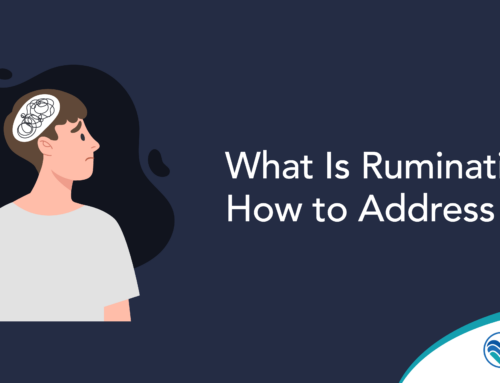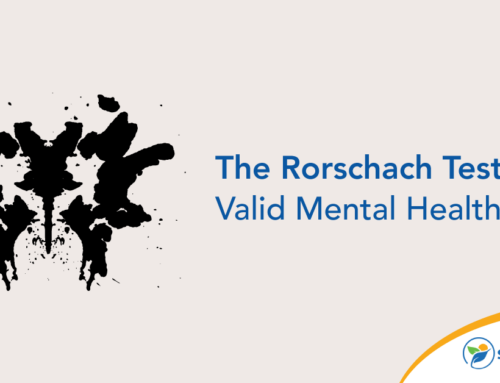Anxiety is one of the most common mental health conditions in the United States. Over 30% of U.S. adults will have an anxiety disorder at some point in their lifetime. But between its widespread prevalence and the growing awareness of the condition, there are a lot of misconceptions about anxiety. People use the term loosely and misunderstand the gravity of the condition. Let’s take a look at some of the most common myths about anxiety so you can make sure you’re adequately informed about this topic.
Myth Debunking: 7 Myths About Anxiety
Here are the seven commonly believed anxiety myths.
1. Everyone Has Anxiety, So Anxiety Disorders Aren’t Real
Anxiety has become well-known to the point that many people now often self-diagnose with the condition. And in some moments, those people might be feeling some anxiety. But feeling anxious for a few moments and having an anxiety disorder are two different things.
Anxiety disorders are a genuine mental health condition that can come with significant adverse side effects that impact a person’s ability to go about their day. Depending on their specific condition and its severity, someone with an anxiety disorder may have challenges at work, in social settings or in their relationships.
Spreading the myth that anxiety isn’t a real condition only serves to stop those who need help from seeking treatment.
2. Anxiety Will Eventually Go Away
Some people have a misunderstanding that anxiety is just feelings of nervousness or worry. They may dismiss the seriousness of their disorder and hope symptoms will eventually go away on their own.
Unfortunately, that’s not how anxiety works. In fact, if left untreated, anxiety disorders can often get worse because the individual doesn’t know how to calm their fears.
The great news is that anxiety is treatable. Individuals who seek professional help can pursue therapy, medication or both to manage their symptoms.
3. Social Anxiety Is Just a Person Being Shy
If you don’t understand a lot about social anxiety, you may confuse this condition with the person simply being shy. Social anxiety is a disorder, and a person with the condition will experience extreme distress in social settings. In contrast, someone who’s shy may feel only slightly uncomfortable in social settings and may unwind as the day progresses.
The main difference between the two is the level of discomfort in a social gathering. Someone with social anxiety feels so much distress they may vomit, have a panic attack or actively rearrange their life so they can avoid social situations.
4. Children Can’t Get Anxiety Disorders
Children can develop anxiety disorders. It’s common for children to worry and have some fears. But if these feelings are persistent, intense and happening daily, it might be a sign the child has an anxiety disorder.
Some examples of possible anxiety disorder signs in a child are:
- Separation anxiety. Children may be extremely scared and worried when they’re away from parents.
- Phobias. Those who suffer from phobias have an intense fear of particular objects, animals, people or situations, such as going to the dentist, going in the ocean or seeing insects.
- Social anxiety. This involves being very fearful of situations where there are a lot of people.
- General anxiety. Children with general anxiety constantly express concerns about the future and always think about the worst-case scenario.
- Panic disorders. Panic disorders involve repeated panic attacks.
As a parent or guardian, it’s essential to be aware of the warning signs and get your child help when they display signs of anxiety.
5. Once You Start Anxiety Medication, You’ll Need to Take It Forever
There’s no cure for anxiety disorders, but there are treatment options. One way to treat anxiety is to prescribe medication for it. Some of the most common types of anxiety medications are benzodiazepines, buspirone, antidepressants and beta-blockers. Anxiety medications can help individuals feel calmer so they can function throughout their day.
Some people are afraid to try anxiety medication because they worry they’ll have to take it for the rest of their life. However, this isn’t the case for most individuals. Most doctors recommend continuing with anxiety medication for 12 months, allowing the medication to work and symptoms to subside. After this period, your doctor or therapist may work with you to see if you’re ready to lower your dosage or slowly come off the medication.
There may be some rare cases where someone has such intense symptoms that they benefit from taking their medication for an extended time. Still, most doctors and therapists prescribe anxiety medication with the intention of getting their patients off it one day.
6. You Can Avoid Anxiety by Avoiding Stress
A common misconception about anxiety is that your anxiety is only triggered when you’re in stressful situations. So, avoiding these types of situations can help you avoid anxiety.
But this generally isn’t the case. Stressful situations can indeed spike a person’s anxiety. But it’s also true that anxiety can happen for no reason. Someone with generalized anxiety disorder (GAD) could be sitting on the couch watching television and suddenly start feeling overwhelmed by their anxiety. So, avoiding stress at all costs may reduce anxiety symptoms, but it won’t make them disappear entirely.
7. You Can Get Rid of Anxiety With a Healthy Lifestyle
Not taking care of yourself can increase your anxiety levels. Eating poorly, not having great sleeping habits and avoiding exercise will take a toll on your overall mental health. Conversely, living a healthy lifestyle can improve your mental health.
But a healthy lifestyle isn’t going to cure any mental health condition, including anxiety. Mental health illness needs to be addressed with proven treatment methods, such as therapy and medication.
Instead, you should view a healthy lifestyle as giving you an extra boost on the progressive steps you’re already taking to get better. If you’re in therapy or taking medication for your anxiety disorder, forming healthy habits will only serve to improve your overall results.
Destigmatizing Anxiety
It’s essential to clarify the myths about GAD and other anxiety disorders out there. Many of these myths add to the stigmatization of the condition and result in individuals feeling unsupported in asking for help.
By educating yourself, you can now help spread awareness and factual information about anxiety.
Anxiety Support at Sunlight Recovery
Anxiety is a real condition; you don’t have to dismiss your symptoms any longer. Get professional treatment and see the difference it can make in your day-to-day life. Sunlight Recovery is a mental health treatment center with compassionate counselors who can help you return to feeling like your old self. Contact us today to find out which of our programs is suitable for you.


